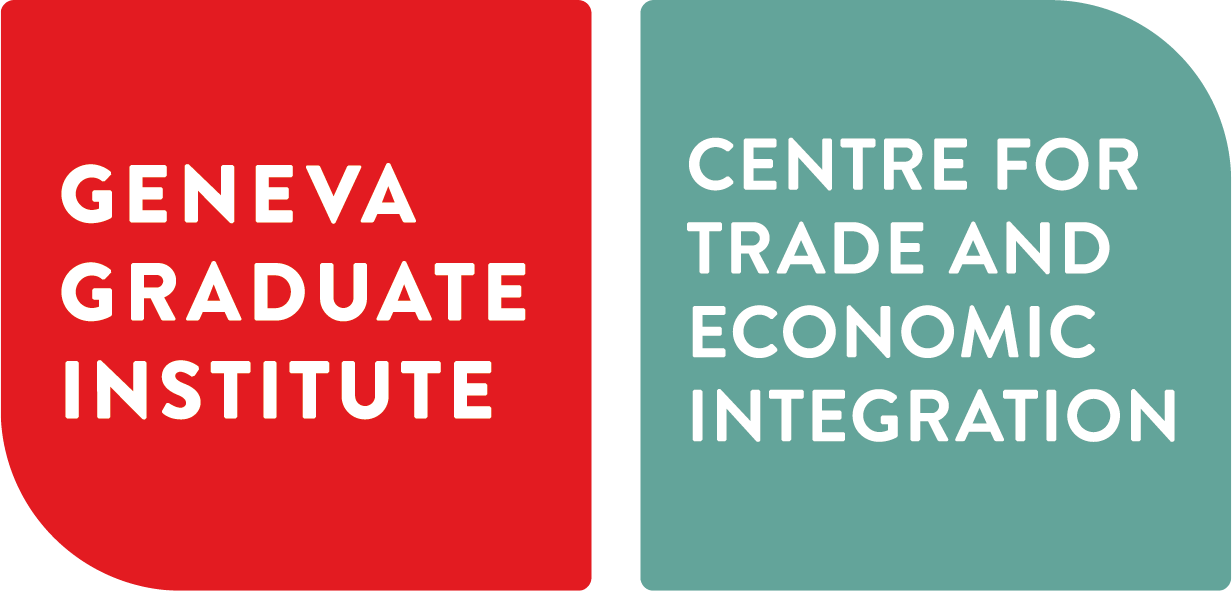The global architecture of rules for trade and for climate both seek to solve global collective action problems: promoting liberal trade regimes globally (or at least avoiding an escalation of protectionism) in the case of the first; and ensuring coordinated action to reduce emissions in order to mitigate the risk of anthropogenic climate change in the second.
To be sure, there are some differences in the nature of the collective action problem. Mitigation policies only pay off for a country if there is corresponding action by others. Trade liberalisation can be unilaterally beneficial, but unilateral action is constrained by political economy forces that need to be overcome through reciprocal commitments between partners and rules to prevent backsliding.
Despite their common purpose of solving global collective action problems, there is considerable tension between the architectures for trade and climate.
Differences in commitments and ambition across countries regarding emissions abatement objectives have generated concerns about distortions to trade and adverse effects on competitiveness. These in turn have generated various approaches and proposals on how to deal with these effects, and also how to incentivise countries to undertake abatement commitments. These proposals include the use of border tax adjustments and carbon tariffs, and dove-tail with broader concerns about alleged distortions to international trade through subsidies of various forms, and proposals to overhaul trade disciplines and approaches to trade remedies.
Achieving the magnitude of economic transformation required to achieve low emissions growth trajectories will require significant government intervention to correct for market failures. This in turn raises deep questions on a wide range of trade policy matters, from subsidies and government procurement, to the scope of regulation and the optimal extent of intellectual property rights. The issue of transformation has gained further prominence in the aftermath of the Covid-19 pandemic. Countries see a possibility of simultaneously restarting their economies and pursuing sustainability objectives through interventions favouring green growth. But the political imperative to deliver domestic growth may lead to industrial policy rivalry and strategic trade policy that spill into global tensions.
Key Questions:
- How do we evaluate current proposals and approaches to deal with trade and competitiveness issues?
- Is there an opportunity for trade remedy instruments genuinely to work in favour of correcting distortions to trade, rather than acting as a legalised form of backsliding on liberalisation commitments?
- How can disciplines on subsidies and regulation take into account the need for interventions to correct for market failure and stimulate a transition towards sustainable and resilient growth?
- Can we avoid the push for clean growth turning into industrial policy rivalry and strategic trade policy?
- What insights can be gained from WTO jurisprudence on these matters?
Continue the conversation in the dedicated chat on the Beyond Trade Network.
This session will be simultaneously translated into French, Spanish and English (when needed) via the Interactio application, by entering the code GTW2020 (please use headphones). Open the application in your Web browser or download it for iOS Mobile App or for Android App.



